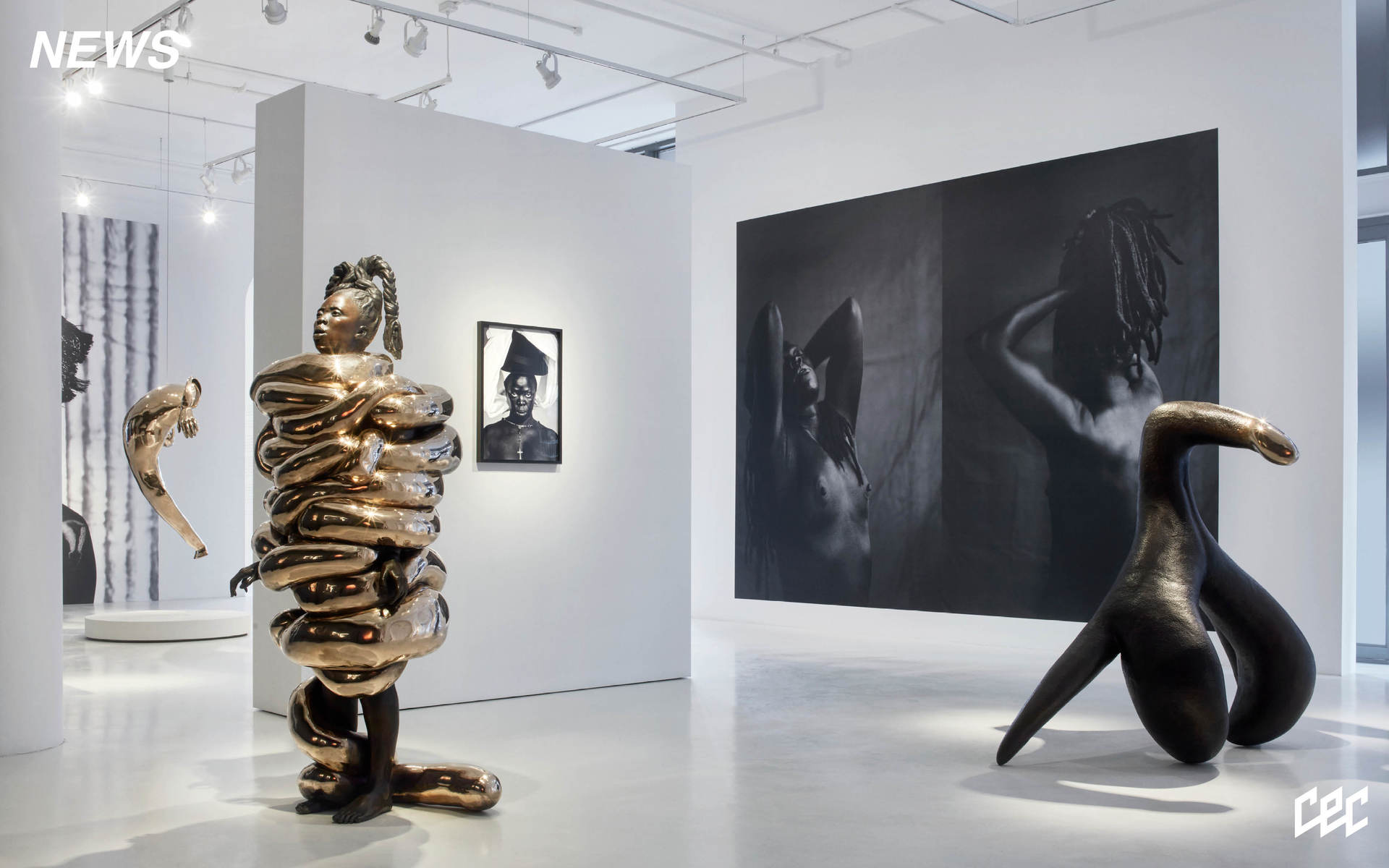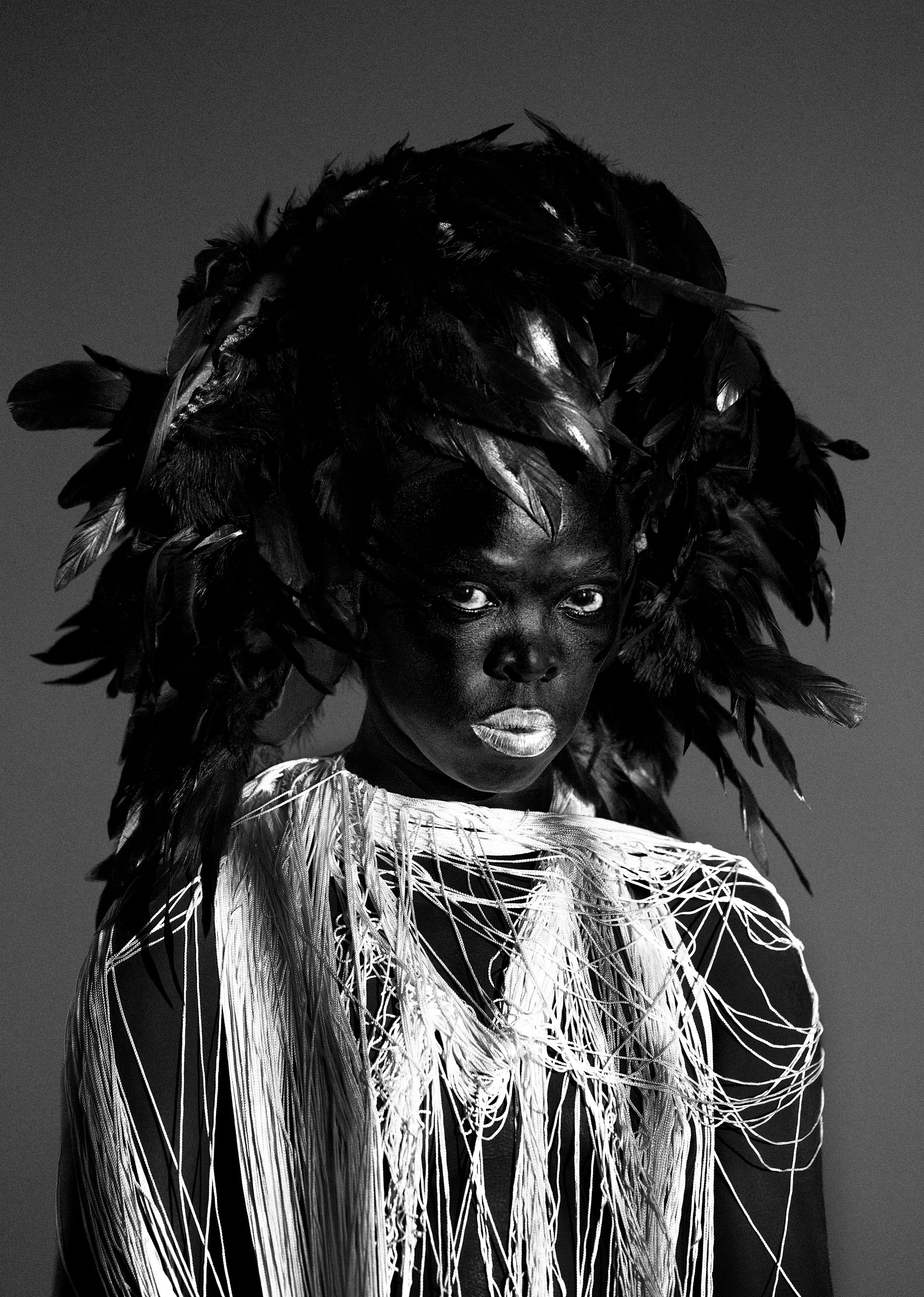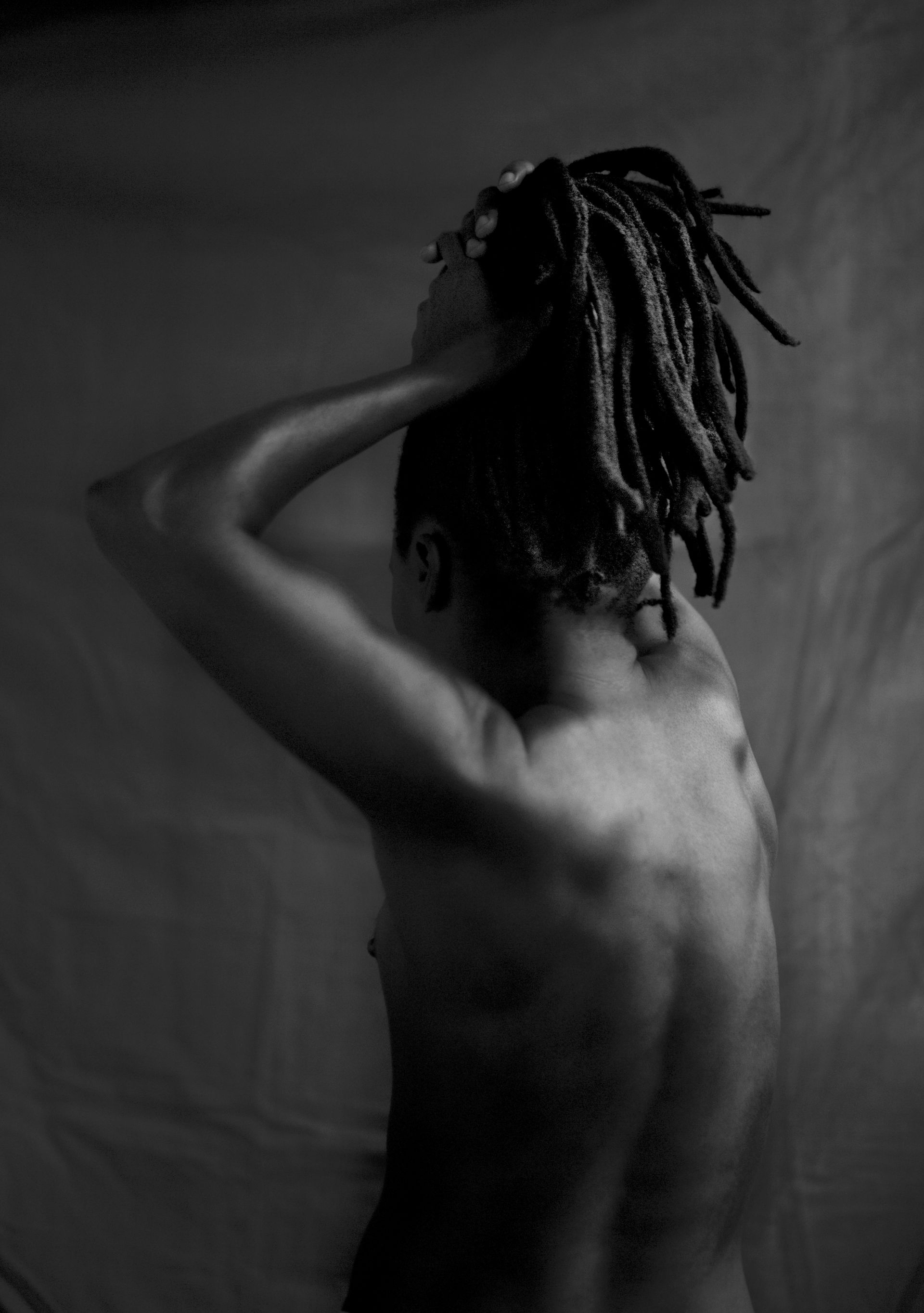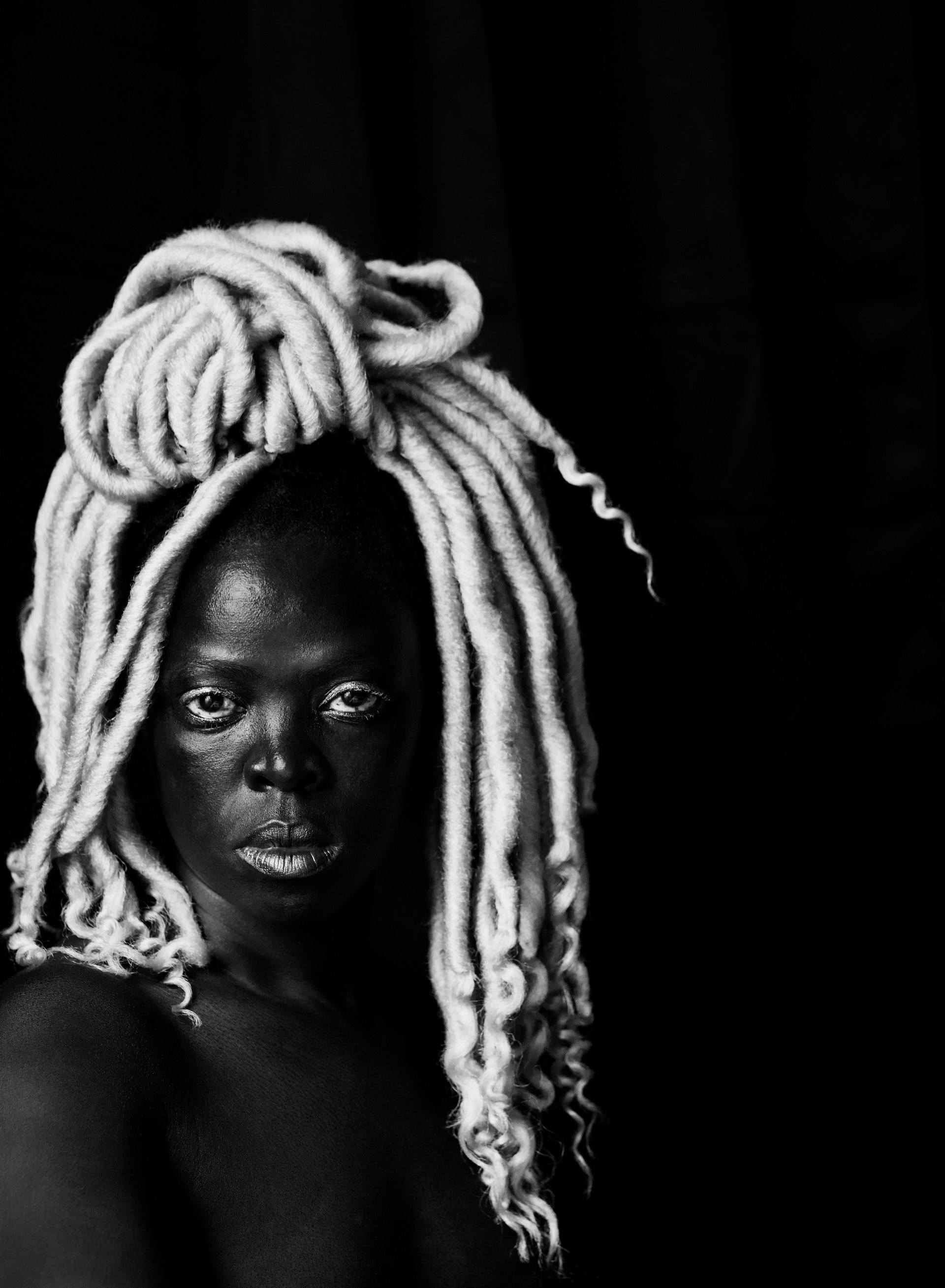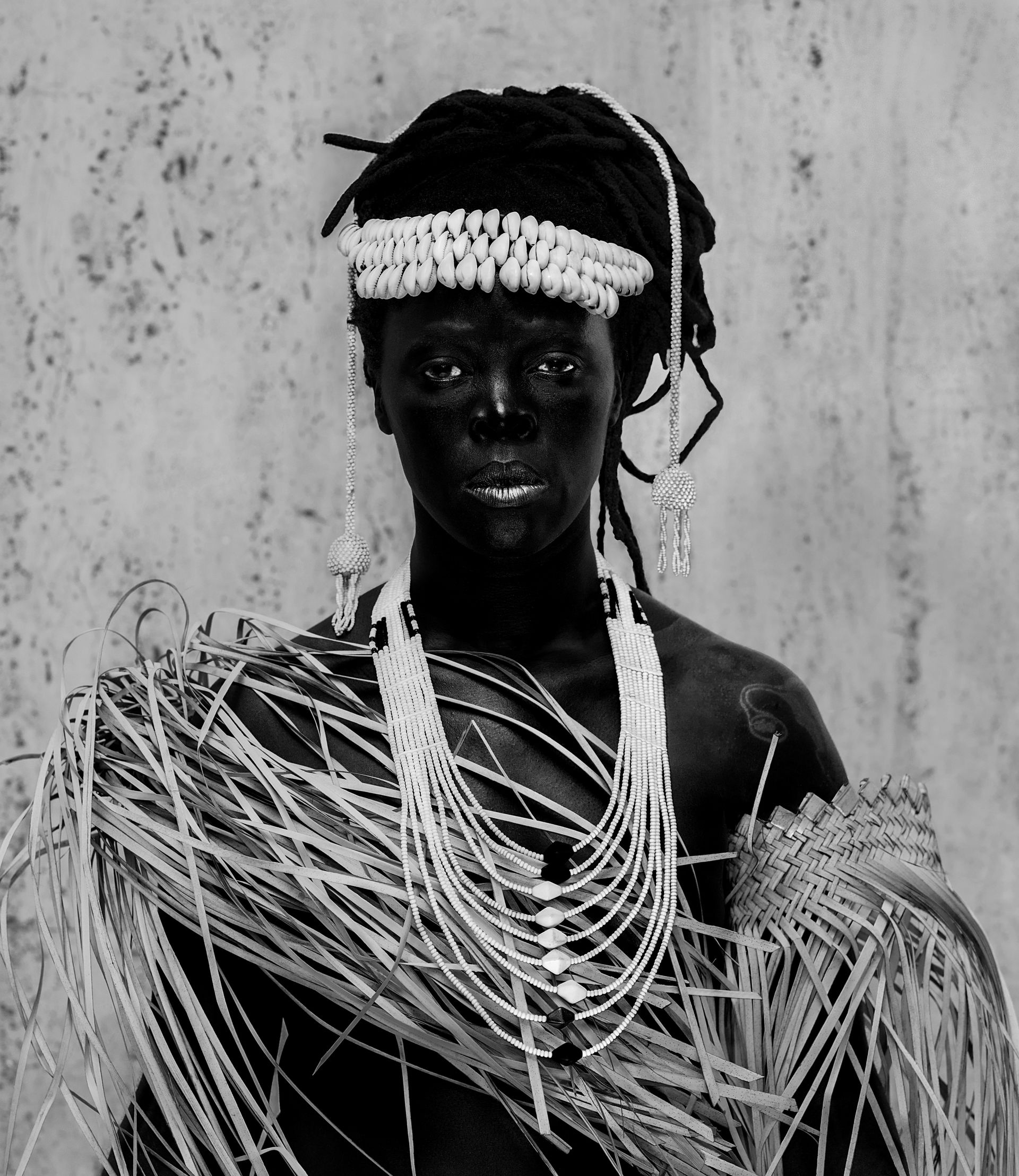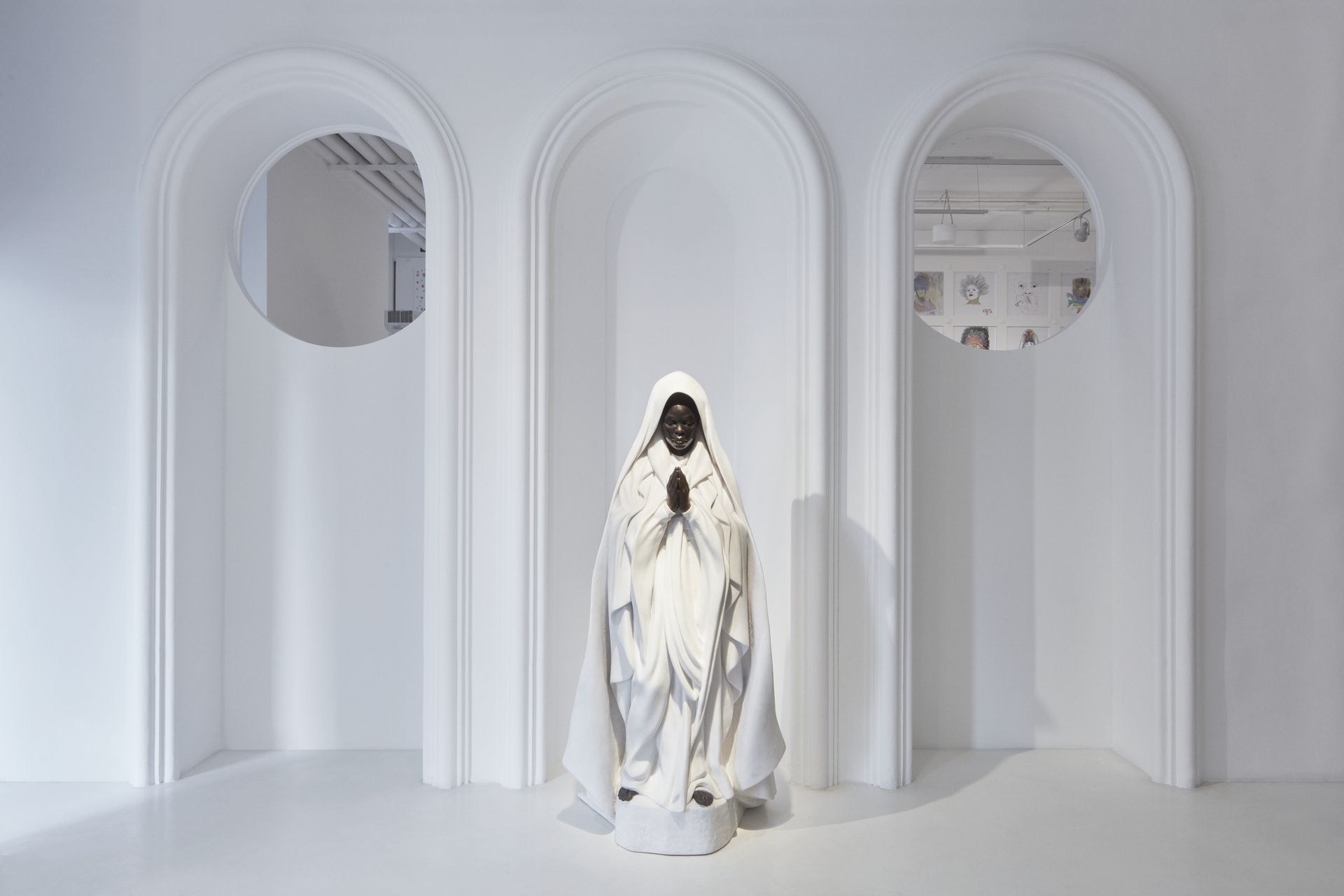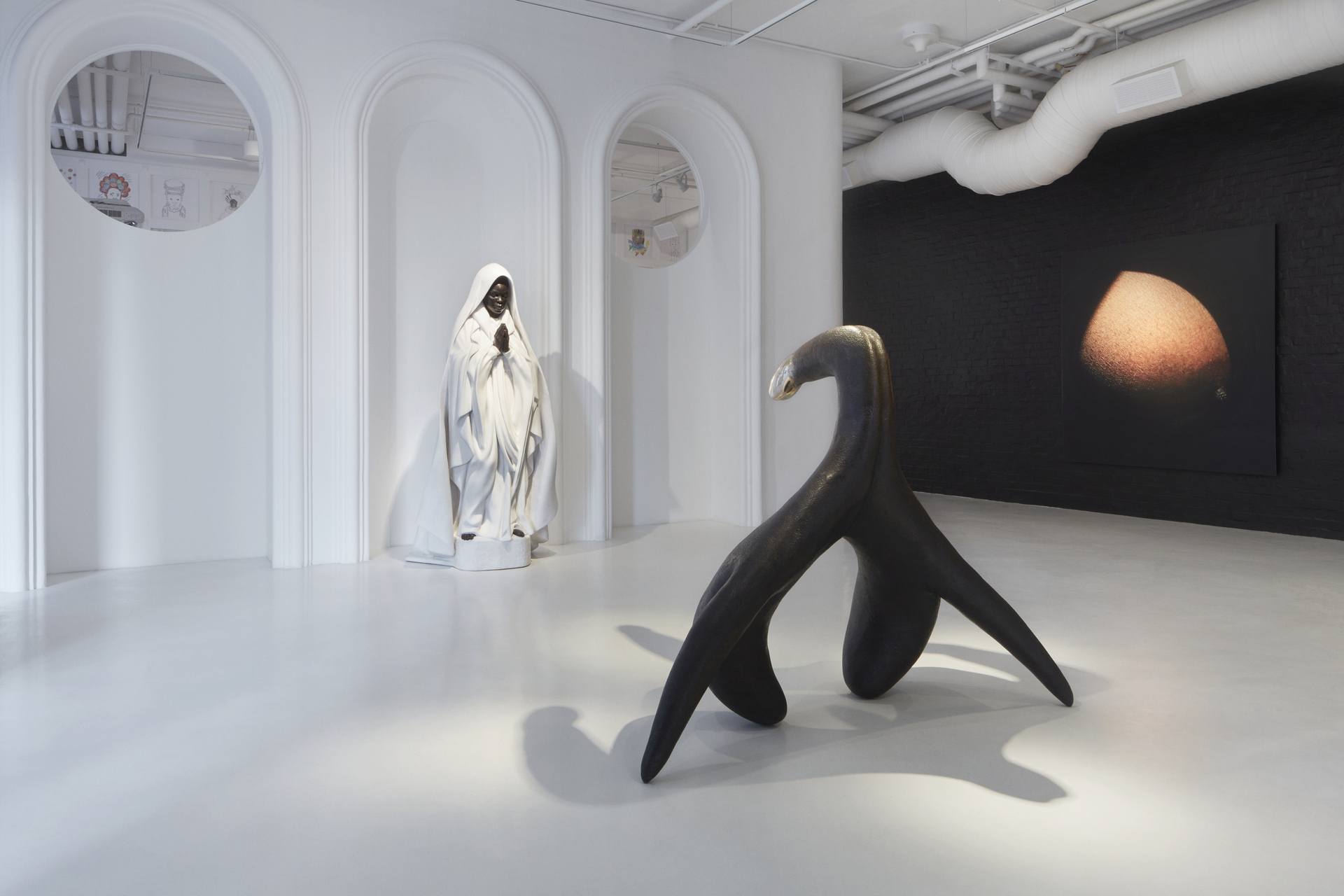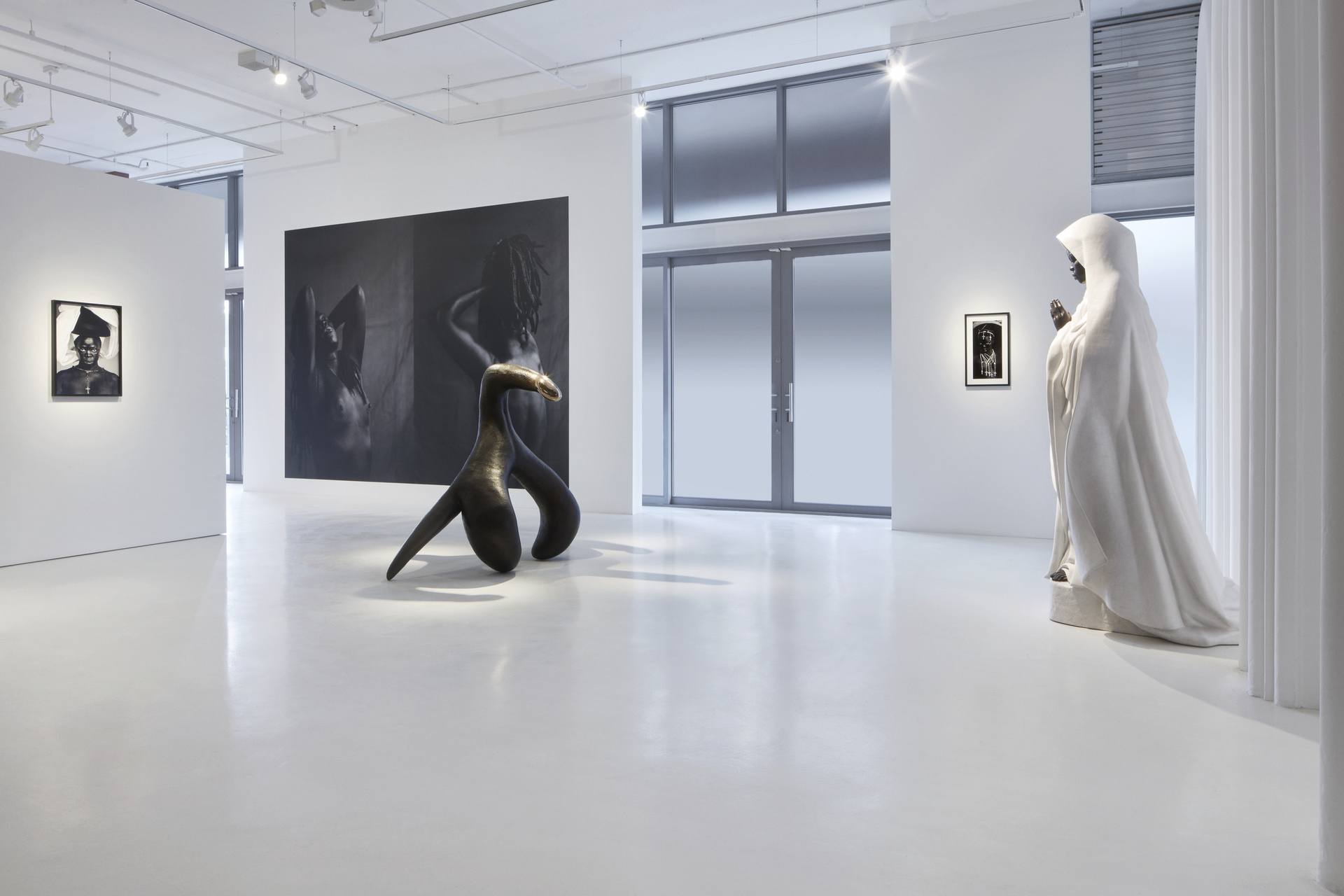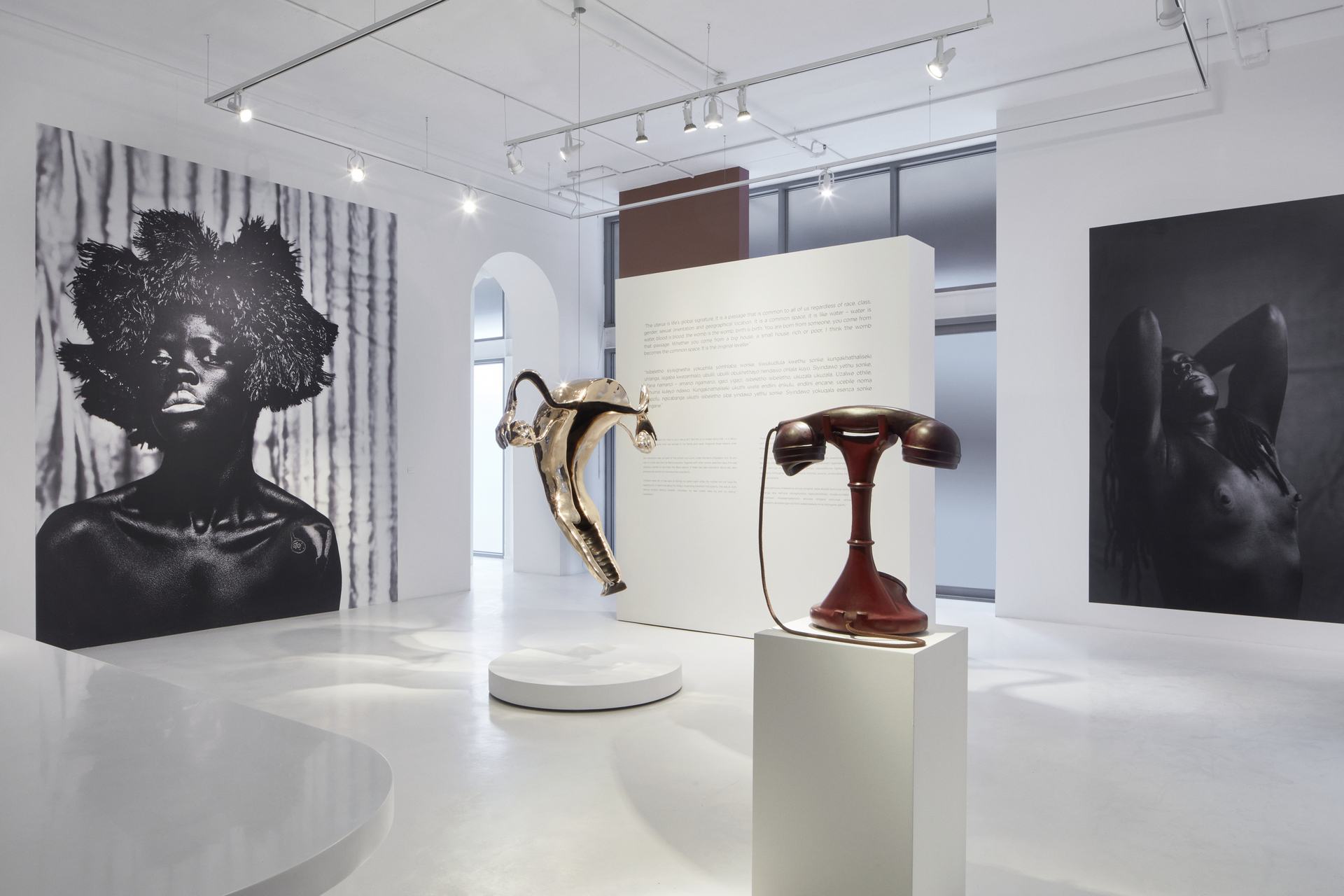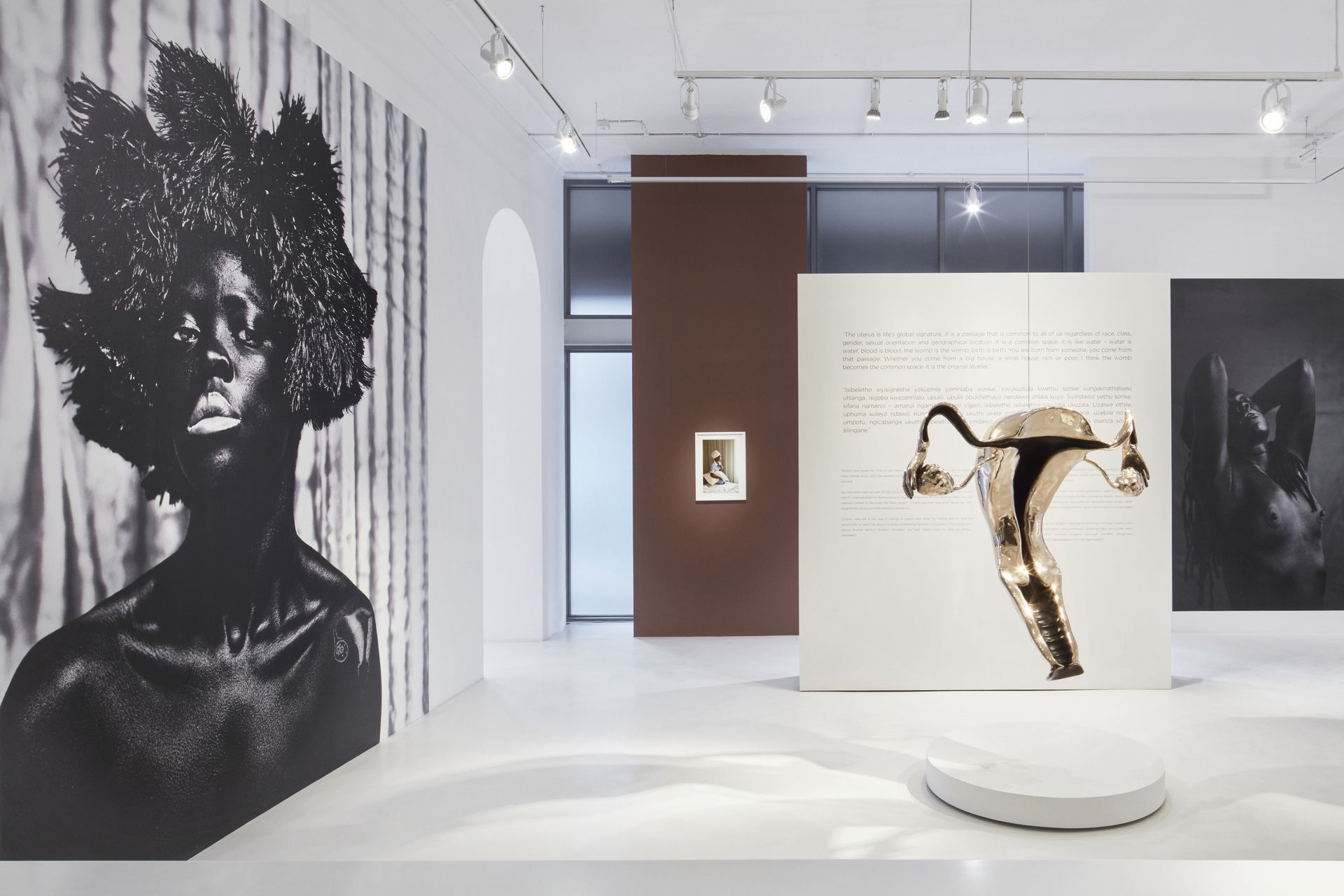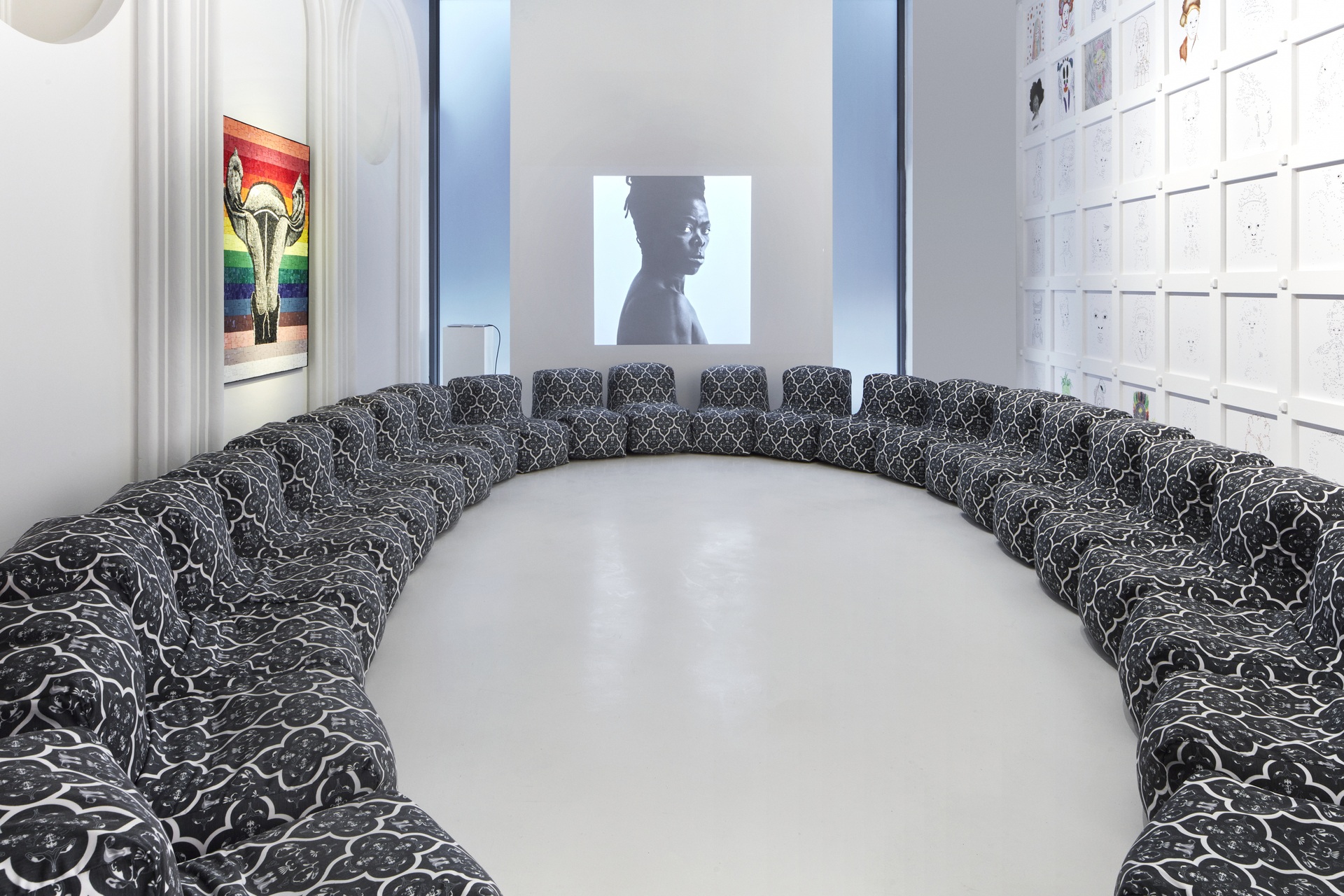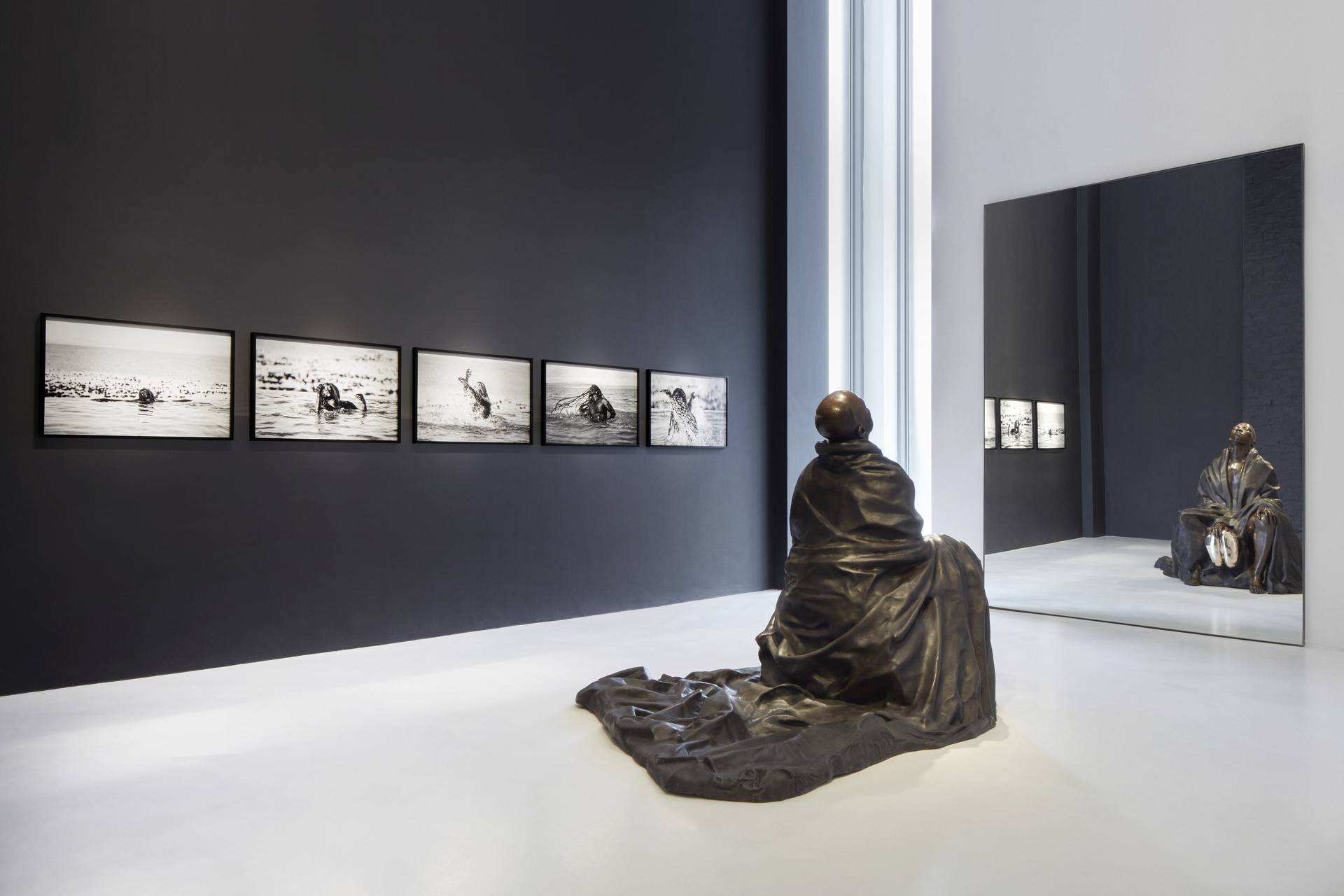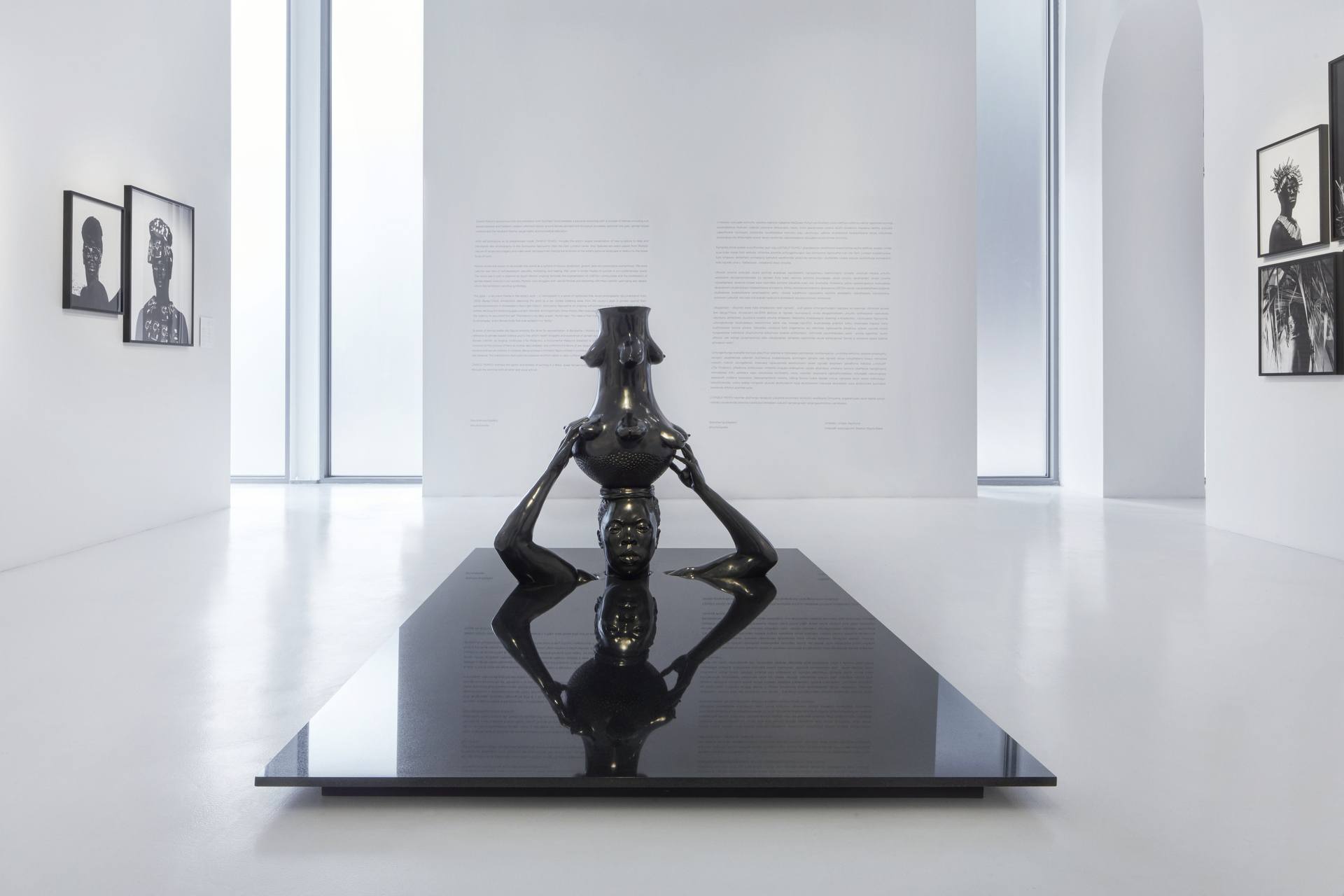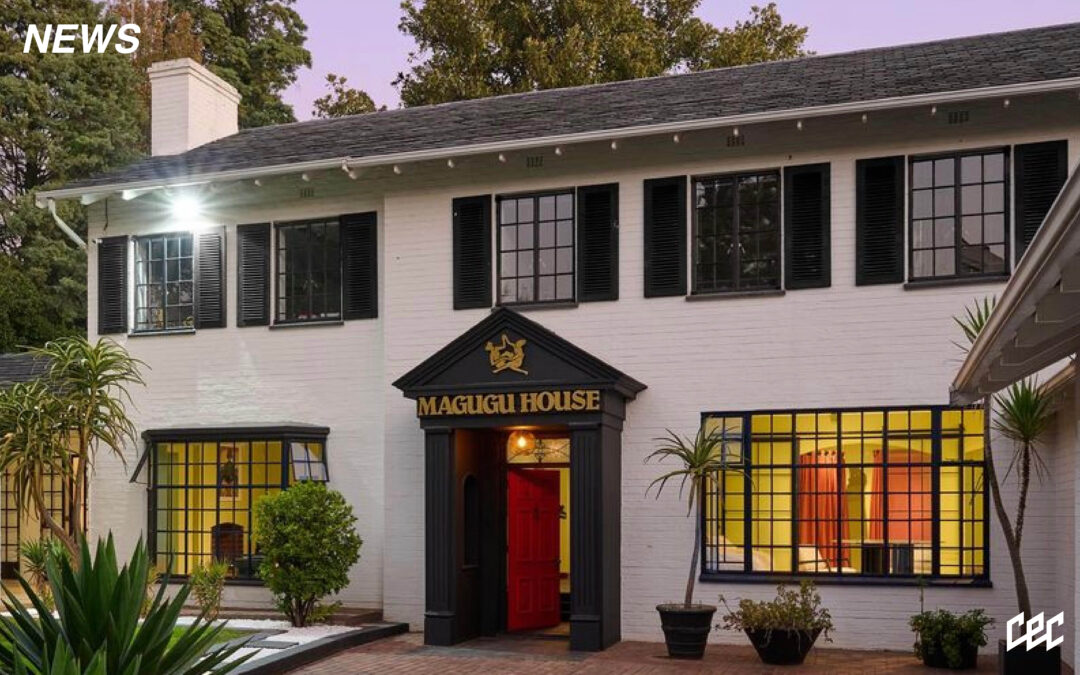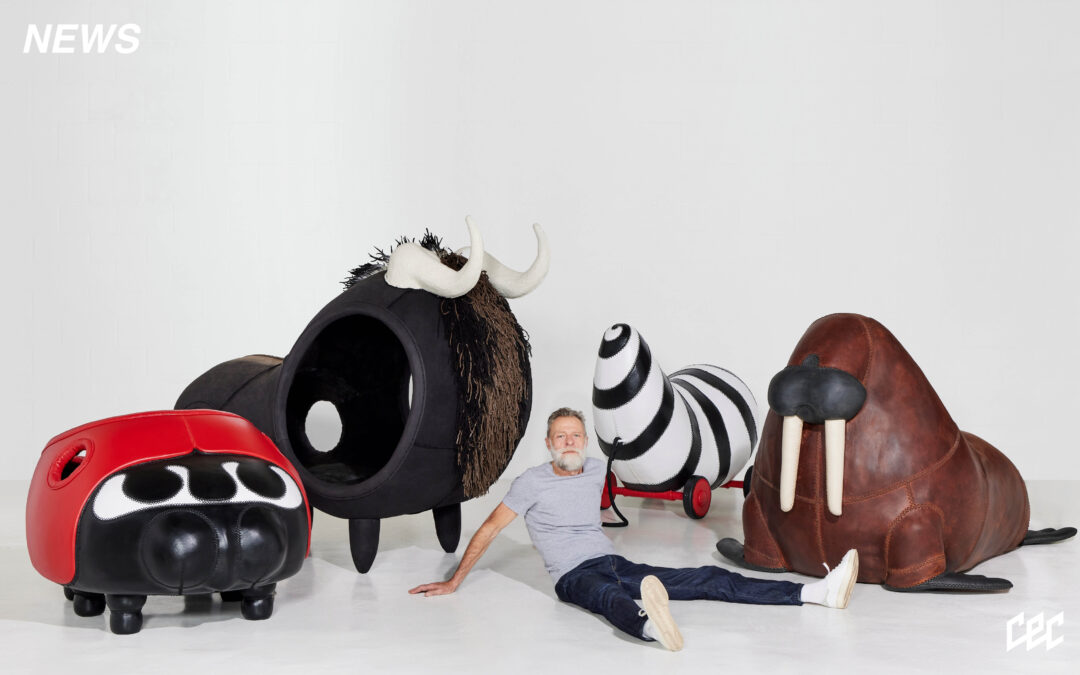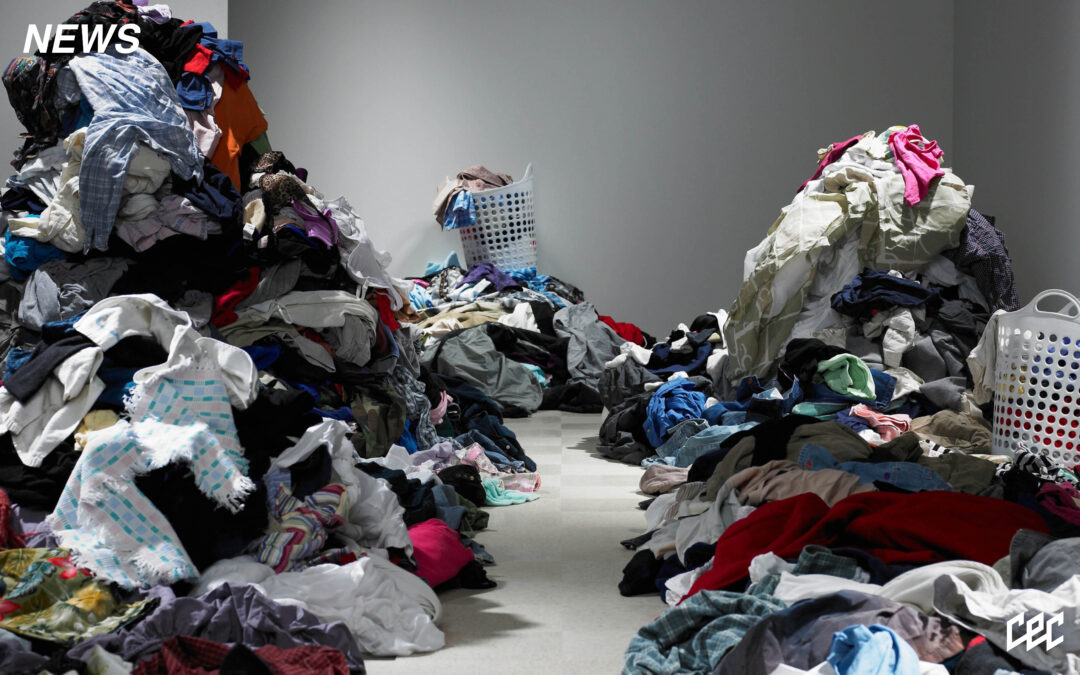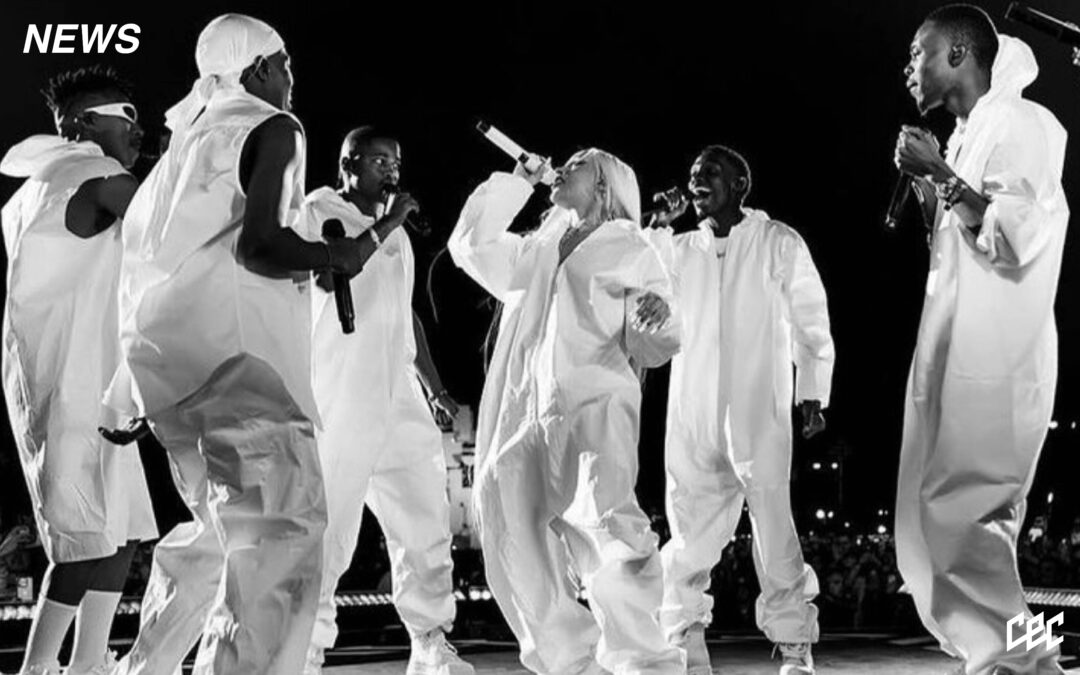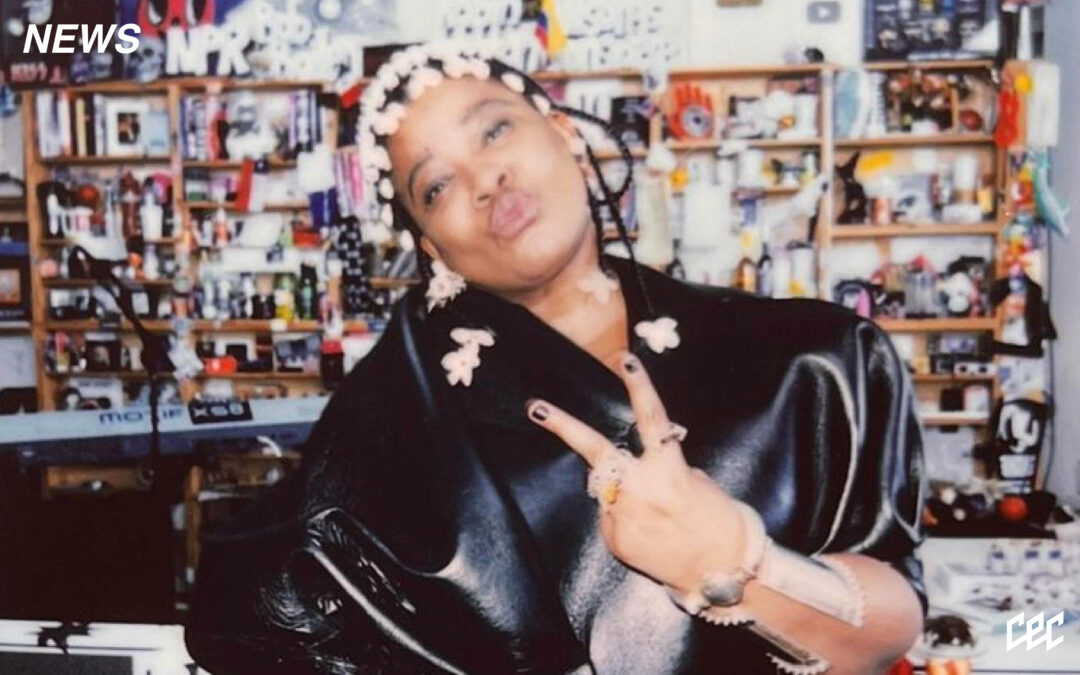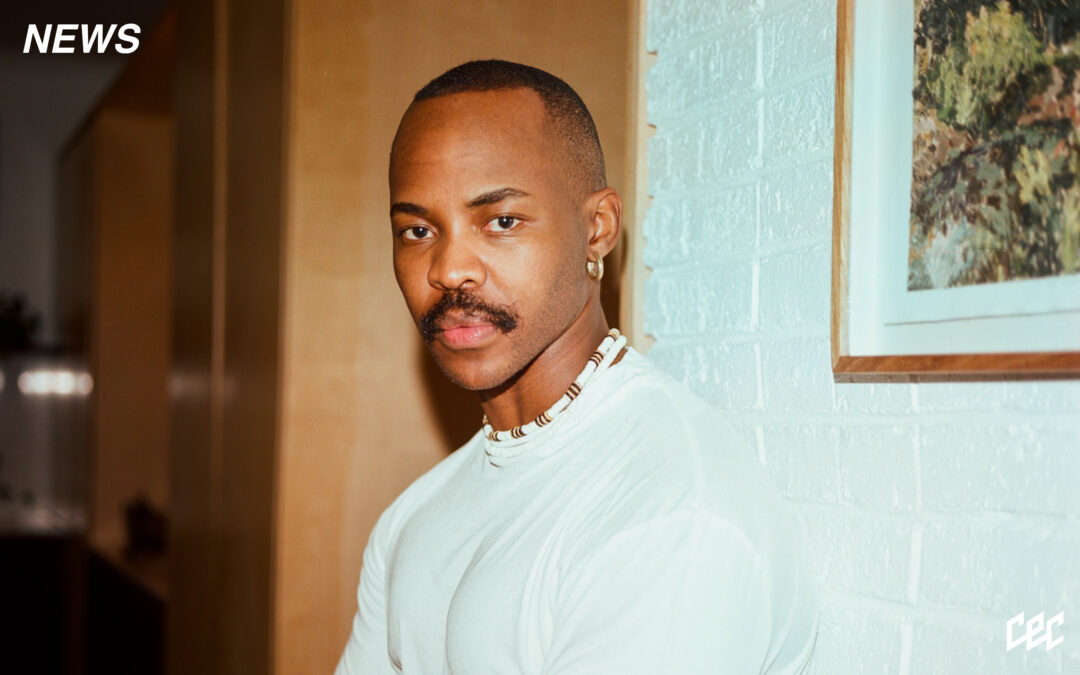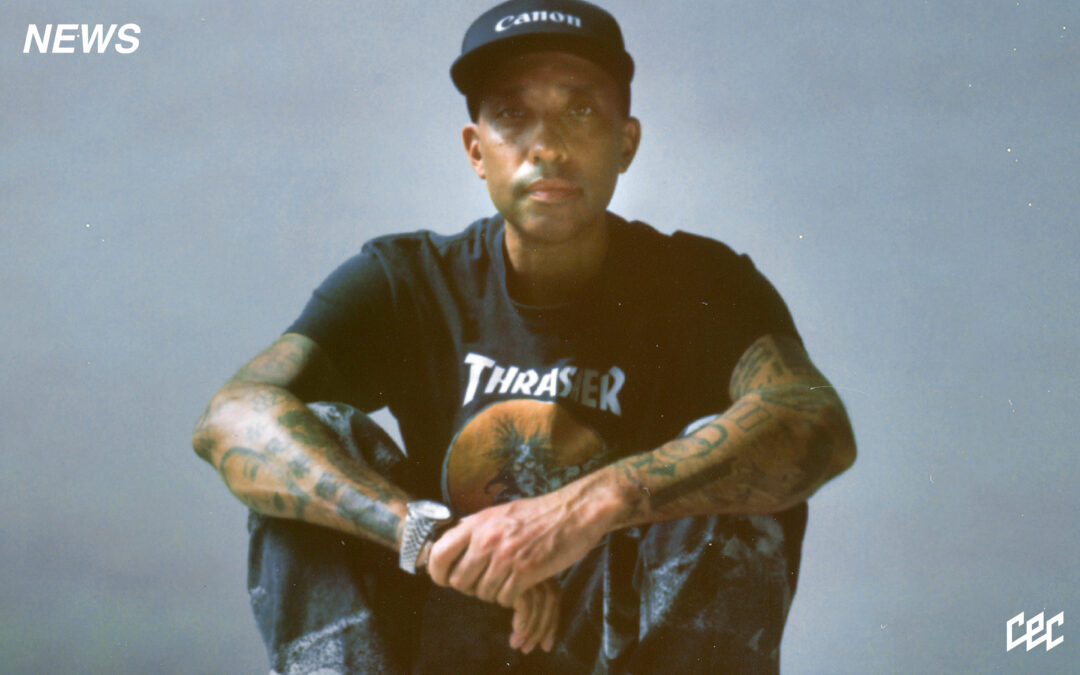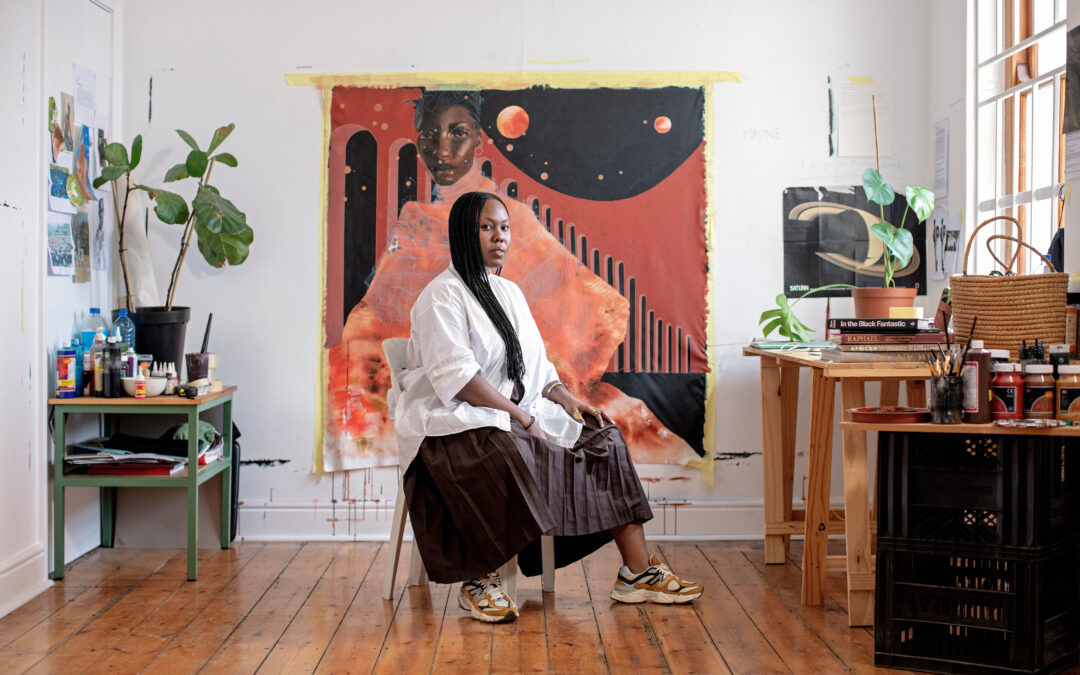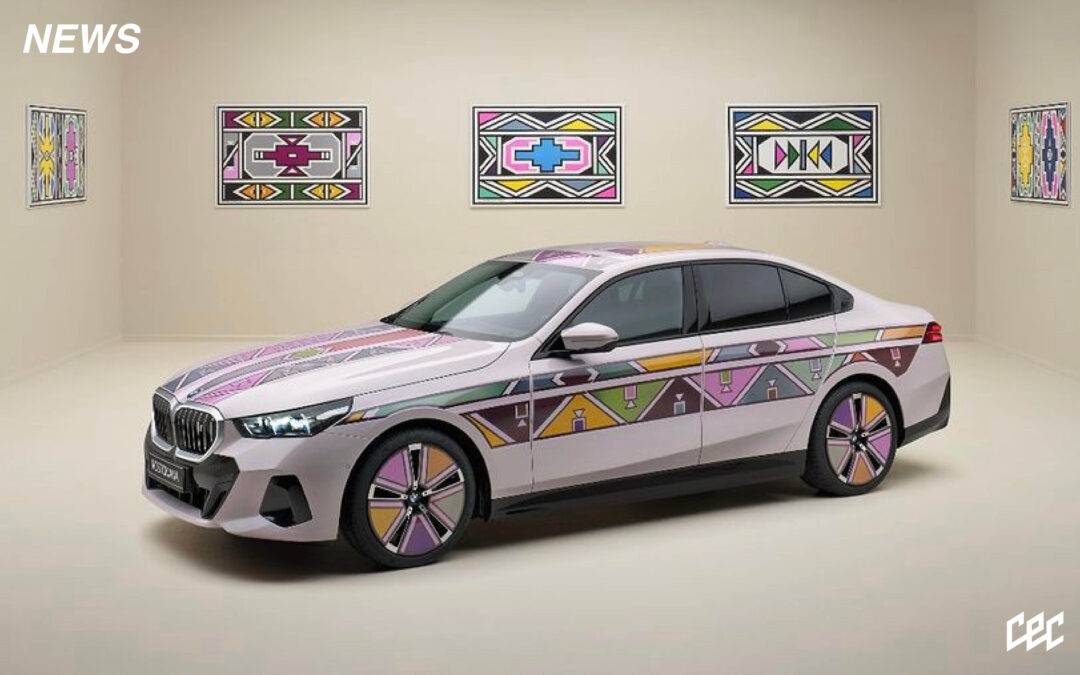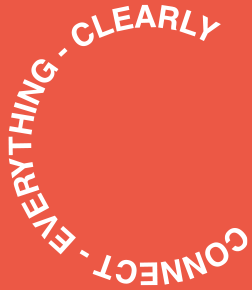“The uterus is the rite of passage that is common to all of us regardless of race, class, gender. It is a common space, it is like water – water is water, blood is blood, the womb is the womb, birth is birth. You are born from someone, you come from that passage.” – Zanele Muholi
Zanele Muholi’s artistic description is simply, ‘Visual Activist’. Most often, an artist will follow an activist-oriented thread through their development as life confronts them with existential themes of being alive; the more that they create, the more the world reveals itself to them. Muholi, otherwise, is intrinsically an activist. They co-founded the Forum for the Empowerment of Women in 2002, a space that focused on providing safety and resources for Black lesbian women in South Africa. As an active campaigner against the violence and hate crimes targeted at queer people, an urgency for archival and documentational threads of these realities abruptly made itself known to Muholi. Thus, their first project ‘Faces and Phases’ set in motion a life dedicated to visual activism, one in which Muholi has stood centrally as a truth revealer on the Black, LGBTQIA+ experience; the experiences of female bodies, the queer experience, and the subsequent violence – oppression – struggles and claiming of autonomy – voyeuristic gazes – and ultimately, the hopes and dreams.
Muholi stands in the aching truth of many Black artists; that projected responsibility to carry in their art, the politicisation of existing. White, cis-gendered and heterosexual artists find as part of their ‘privilege packet’ the choice to thematically and philosophically gauge whichever subject they like – and from Black, queer artists, the world instead demands some sort of reckoning on the realities of being marginalised. Despite this, Muholi’s nearly two decade visual expression has continually been an invitation for understanding – and as they says to me on the press evening of their self-titled exhibition at Southern Guild, “we will get to a place where you will not project your whiteness onto me, nor I will project my queerness onto you, nor will the other do so to anyone else, from whichever place of difference they come from.” After gazing at the monsters in the face for their whole life, Muholi’s vision for a better future has already come. We just have to push on.
Zanele Muholi, Ziphi IV, Cape Town 2020, Zimpaphe l, Parktown 2019, Somandla, Parktown.I 2014.
Zanele Muholi, Ziphi II, Emhlabeni_2019, Hawu III, Adams Mission, KwaZulu-Natal 2020, Siyikhokonke, Sheraton Hotel, Brooklyn 2019, Vika II, small, The Decks, Cape Town 2019.
Zanele Muholi’s self-titled exhibition deepens their long-standing affair with photographic portraiture with the introduction of large-scale sculptures. As I stood in front of the large uterus hanging central in Southern Guild’s space, I wanted to weep. There is that biological fact which states, “all the eggs a woman will ever carry form in her ovaries while she is a four-month-old foetus in the womb of her mother. This means our cellular life as an egg begins in the womb of our grandmother. Each of us spent five months in our grandmother’s womb and she in turn formed within the womb of her grandmother.” And thus, we have always lived within each other. This organ, uniquely suited to create life, is the site from which every single person has and will ever come from. As Lindsey Raymond wrote in her astounding, textual introduction for the show, “(the uterus) which the artist describes as a “self-portrait of being”. Muholi invites the viewer to reconsider the womb as a symbol of honour, protection, growth and non-prescriptive femininity: “The uterus is my signature, it is my DNA, where I come from,” referring to a tattoo of the uterus on their upper arm, imprinted in 2008. To raise the uterus as a deified form is to give honour where shame, violence, and misinformation has plagued the organ for centuries.” A term that Lyndsey uses to describe Muholi’s work is ‘non-prescriptive femininity’, and thus the complexity of gender lives in holistic dynamism with the biological realities of our bodies. It is this delicate dance, of which Muholi has mastered, in conveying how we might celebrate what it means to be so nuanced in the human experience – how being in these bodies engenders such breathtaking multiplicity in how they might be understood or experienced as ‘Self’.
Zanele Muholi, ZANELE MUHOLI 2023, Southern Guild. By Hayden Phipps.
Muholi pointed out to us that the sculpture we were circled around was the clitoris. I had, at first, taken it for a surrealist interpretation of a penis – and I don’t think I was alone in that assessment. Suddenly, confronted with my own anatomical ignorance, the message was clear: the body, glans, crura, bulbs and root of the clitoris has been so defunct from view, no matter how liberally rooted in our own pleasure we might be, and yet it must be remembered that it plays no role in reproduction; it is an organ solely, singularly present for sexual climax. Thus, the feminine expression of sensuality is so important that it has a starring role independent of any other biological function.
Signature to Muholi’s photographic work is the use of certain objects as artefacts for portraits. One such, is Muholi draped in a felted blanket; they explain that the blanket was offered by a parent of one of the children who died in the Enyobeni Tavern tragedy, in which 21 teenagers (as young as 13) lost their lives at the hands of presumed alcohol poisoning (this is still to be determined, and the case is ongoing). Muholi explains that their team spoke to many of the community members involved, and that when the application of their visual activism surfaced as a means for highlighting this harrowing occurrence, it felt incongruent to utilise anything tavern-related as an artefact. Instead, a memorial blanket was offered, and Muholi captured an image of themself in communion with the last materiality that many of these children experienced; cocooned in the blankets of memorialisation, laid to rest by heartbroken parents. Their memories live on, and Muholi’s determination to see this so, edifies their artistic intention – we must see, know and remember the circumstances of violence and pain, lest our world ever find its way out of it. This image, along with others, are additions to Muholi’s ongoing series Somnyama Ngonyama (meaning ‘Hail, the Dark Lioness’). In facing Muholi’s work, there is confrontation; but the comfort herewith is just as present.
Zanele Muholi, ZANELE MUHOLI 2023, Southern Guild. By Hayden Phipps.
The show is one I will need to return to before its final day on the 17th August. There are too many precious and pressing aspects of it to digest in a few hours. Zanele Muholi’s mark is titanic and this show in conjunction with Southern Guild, impresses upon South Africa’s artistic lore with a searing and defining importance.
Visti Zanele Muholi’s self-titled, autobiographical exhibition from 15 June to 17 August 2023 at Southern Guild Gallery.
Written by: Holly Beaton
For more news, visit the Connect Everything Collective homepage www.ceconline.co.za

